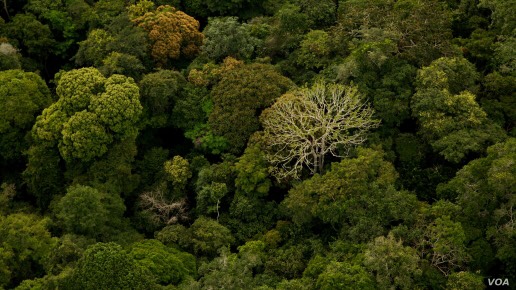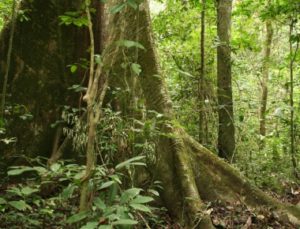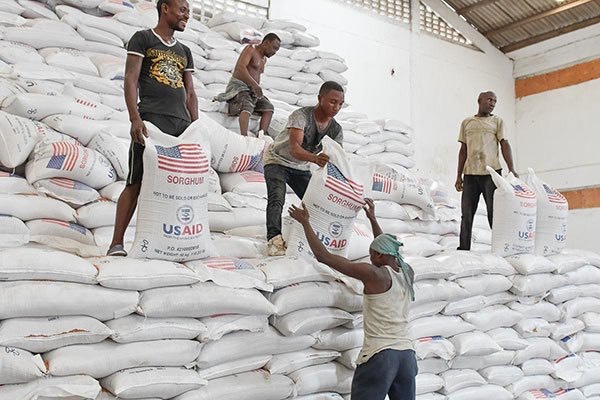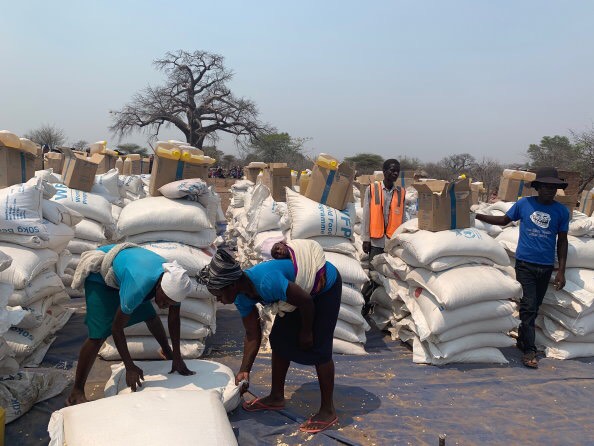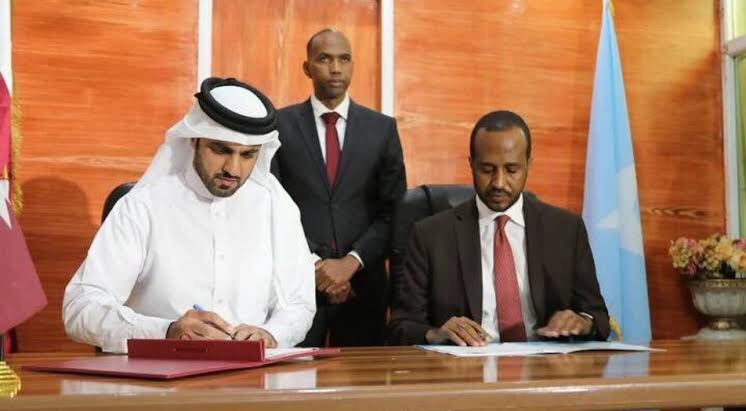Historic Payment to Gabon Seeks to Preserve ‘Earth’s Lungs’

Australia’s Fortescue to develop Guinea iron ore
October 14, 2019
Swaziland Unites Against Rabies
October 14, 2019Gabon is a small country situated in central Africa. When someone hears the name Gabon, the first thing or person that could come to the mind of that person is Arsenal’s striker Pierre-Emerick Aubameyang.
However, Gabon is one of the greenest countries in the world. It holds the second largest rain forest in the world after the Amazon rain forest in Brazil. Gabon’s rain forest covers 88% of the land.
Sadly, poverty and unemployment have seen the rain the rainforest threatened by individuals who are trying to make a living off the forest. If this isn’t checked, the second “earth lung” could be lost.
In respect to keeping it preserved, Gabon and Norway are coming together to ensure it IS preserved.
Through the Central African Forest Initiative (CAFI) backed by the UN, Norway will pay Gabon up to $150 million over 10 years in exchange for Gabon reducing its carbon emissions, highlighting the forests’ role in absorbing carbon dioxide.
Gabon’s Minster Of forest, Lee white while speaking with Voice of America, said the agreement is groundbreaking because it makes preserving forests nearly as valuable as chopping them down.
“In all of the deals we’ve seen over the years, forest carbon has been worth $5 a ton. And in this one, subject to meeting best practice, they’ve gone to $10. So overnight, we doubled the price of forest carbon. It gives a lot of hope to all the other forest nations,” he said.
In a statement, CAFI stated that the deal will enable Gabon to achieve its goal of preserving 98% of its existing rainforest. Across Central Africa, forests store as much as 70 billion tons of carbon, which is equal to five to 10 years of global greenhouse gas emissions, CAFI said.
The Central Africa forests are the second-largest rainforest in the world, sometimes called “Earth’s second lung.”
The minister also added that the agreement is part of a larger effort by Gabon to preserve its forests.
Gabon announced an end to timber export ten years ago. Although logging continues for processed wood products and domestic use, it is done in a sustainable way, White said.
“We’ve doubled the number of forestry jobs, and we’re opening new processing plants pretty much every month. And so that measure is starting to pay off. And what we’re finding is that we can make more money and create more jobs by exploiting less,” he said.
He added that these steps reverse centuries of exploitation of natural resources in Africa by Europeans.
“If you look at the history of the continent, it’s been about ripping out cheap natural resources and sending it to other parts of the world to develop,” White said. “So Africa fueled the Industrial Revolution. Africa has fueled part of China’s rise.… And so the first component of it is to make the use of our natural resources indigenous to transform things locally.”
Culled from www.voanews.com

